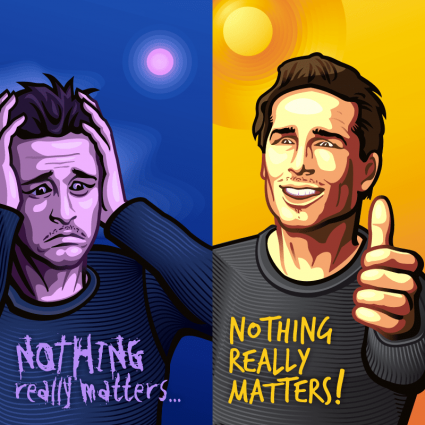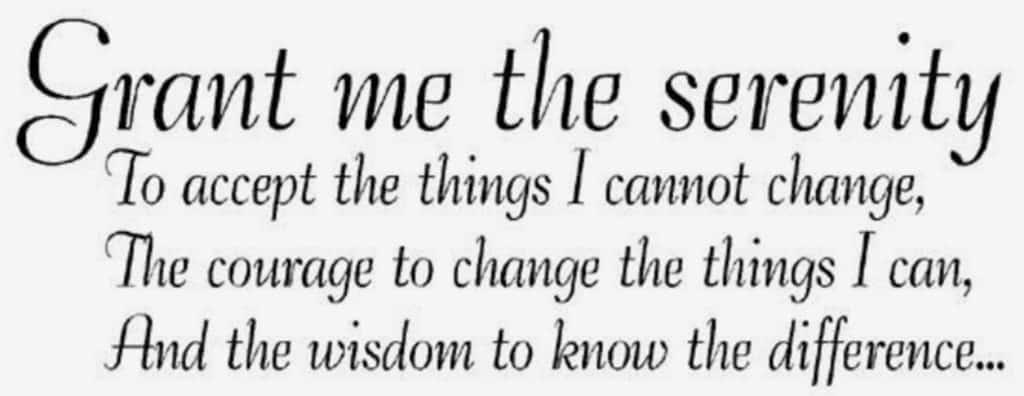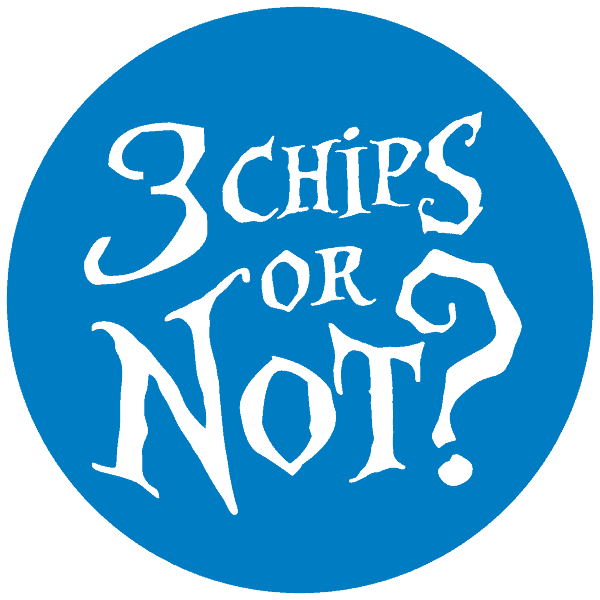It’s holiday season again, replete with carols, fruitcakes, raindrops on roses, and visits from grumpy uncle Jarvis.
Mostly, it’s a happy time, yes, but as many of us have experienced, also a potential occasion for depression and sadness. For some of us, it’s due to loneliness, or dysfunctional families, or disillusionment with rampant materialism, or wondering where the year went with nothing accomplished. Remedies such as New Years resolutions, or donating to the less fortunate, or volunteering, or visiting family more, or visiting family less, might work to effectively combat this kind of seasonal depression.
For others – especially Atheists and Agnostics – the discontent can run much deeper. Surrounded by churchgoers and nativity scenes and rituals, this time of year may lead many to an increased feeling of disconnect from religion, and a weightier pondering of life and existential questions. Those who have faith in a higher power and plan, seem so much more blissful at this time of year, with their cute but annoying convictions that shield them from worrying about things too much. What are the rest of us cynics supposed to do?
While the traditional remedies listed above – volunteering and self-care – can be of help to everyone, including non-believers, there’s another I’d like to propose as well. One that we don’t hear about often enough – adopting an attitude of Optimistic Nihilism.
Nihilism is slightly different from Atheism. Atheists believe there is no God or heaven, hence our existence here is random and unplanned. Nihilism takes that sobering thought one step further and outright voices the ensuing elephant in the room – i.e. if there is no higher power or state we can reach, then that signifies that life is basically meaningless.
Nihilism is not a new concept – it has been a part of philosophical discussions for centuries. Nietzsche’s famous announcement that God is Dead was one of the most extreme declarations of Nihilism we’ve seen, though we also had Camus with his parallel concept of Absurdism, a different flavor of Nihilism with essentially the same dark premise – that life has no meaning.


Optimistic Nihilism is a sunnier, more happy version of these existential philosophies. In essence, if life has no meaning and there is nothing better to strive for, then ergo we are free to simply do whatever makes us happy. Live in the moment. Eat gummy bears. Have rainbow colored hair. Run wild and naked through a meadow of daffodils.
In many ways, it is a groundbreaking, beautiful way to live as an Atheist or Nihilist. It turns a potentially gloomy and devastating discovery of nothingness into something positive and liberating. No longer do we have to worry about pleasing the Gods, or renouncing our worldly attachments, or doing penance for our sins. There are no rules, except for continued humanity and consideration for others with whom we share this planet. As long as we are not snatching our happiness at the expense of others, we can do whatever we want; each day we wake up, we can decide to pursue only those activities that give us the greatest fulfillment. There is no reward for sacrifice or austerity, there is no cosmic scale to weigh our positive or negative karma. We are the arbitrators of our own ethics, behavior, and lifestyles.
I have Atheist friends who live exactly this way. They are kind, ethical, and good people who face the everyday problems that all of us do, but are generally content and living mindfully in the moment.
While all of that sounds hunky dory, it can instead be a curl-into-a-fetal-position calamity for some of us, unfortunately. Realizing that life is essentially meaningless is not always the most peppy thought . . . no matter how much we want to use it as a reason to feel liberated. Sure, Nihilism can be seen in ways that are positive, but there are usually two sides to a coin, and the other side is one that is ugly, dark, and depressing. Personally I am not, and never can be, an Optimistic Nihilist. There are too many ways that sentient beings suffer on this planet for me to ever be able to reconcile myself to such a barbaric world. Knowing that this cruelty might occur randomly, instead of in an intelligent or planned way, doesn’t make the world any less savage. And it’s not my own life and happiness that keeps me up at night so much as the sadness in that of others.

To be honest, I have spent many a night tossing and turning, deeply disturbed by the atrocities I see in the news, or in real life. I’m working remotely from my parents house in India right now as I write this, and the plight of domestic help here – the drivers, maids, cooks, gardeners, and other laborers – is a dark cloud that hovers over me constantly. The inhumane hours they work, the conditions they are made to live in, and the pittance they are paid to serve others who ignorantly and selfishly live for their own comforts tortures me daily. For those living here, these kinds of conditions are normal, and I am viewed as an interfering outsider if I try to voice my thoughts. So I keep quiet, but no one knows how affected I am by the inhumanity that surrounds me. And this is just one of the many atrocities I think about, I’m not even venturing into acid attack victims, animalistic rapes, homeless refugees, and utterly heartbreaking child labor and abuse. The last one in particular can have me weeping in seconds as I think of my beautiful nieces and nephews when I view the sad faces of exploited children.
Furthermore, the kinds of adversities that humans undergo almost seem trivial compared to the torture and pain that animals endure – whether through our greedy domination or at the ruthless hands of Mother Nature.
As you can well see, I am as hardcore a pessimist as you will ever find. If pessimism could be ranked from 1 to 10, I’d be a 99. I try to hide it for the most part, since no one really wants to hear about it. Understandably everyone is already struggling with their cross, and they want ways to make it lighter and more bearable, not heavier. No one wants to hang out with the grey donkey in the corner.
OTHER POSTS YOU MIGHT LIKE
But that is my whole point here – even for incorrigible Eeyores like me, adopting an attitude of Optimistic Nihilism, or at least Optimism, is actually a worthwhile goal to pursue. If not all the time, then at least some of the time. When I get so deep in the mud that I find myself paralyzed with inaction as to how to even try and make a dent in the world’s misery, I shake myself out of it. I tell myself that the world is going to be the way it is, there is only so much one person can do. Yes, one person can change the world in significant ways, sure. And one should certainly try to do their part to the best of their own abilities. There is no doubt about that, it’s a calling for many of us. But beyond a certain point, one needs to psychologically let go for self-preservation, and just enjoy the positive aspects of life. The world is not going to magically turn perfect just because I’m weeping inconsolably under the covers.
For hardcore Theists who believe there is a prescribed path one must follow to reach a higher state after they pass on, this advice might not apply. But for the rest of us Atheists and Agnostics, I think Optimistic Nihilism is a worthwhile attitude to have on a regular, or at least occasional basis – especially during the holidays. It might take a forced effort at times to adopt it, but being Optimistic is as important as putting on one’s own oxygen mask first in order to be able to help others. Often it’s a way to be more productive and thoughtful about the plight of others, not less. It can be selfish if applied in the wrong way, but if employed correctly, then Optimistic Nihilism can help those of us with Existential Depression lift ourselves out of our “what’s the point of life” funk.
And it’s not just about helping others or being productive. Optimistic Nihilism is also about the art of doing nothing – which many cultures have perfected. It’s about enjoying the sensory pleasures of the world and not feeling guilty.
It’s about self-care, and being kind and forgiving to one’s own weaknesses and attachments. It’s about surrendering to life’s mysteries – whatever they are – and going with the flow instead of always fighting against the current.

This holiday season, I think we should all go easy on ourselves and give ourselves permission to do what feels good and brings us joy. January and its New Years resolutions will be coming up soon enough, and we can turn over a new leaf then. For now, here’s wishing everyone – my Theist, Agnostic, and Atheist friends – Merry Christmas, Happy Hanukkah, Happy New Years, Happy Holidays and most especially, a very Happy Nihilism.

Reader Interactions